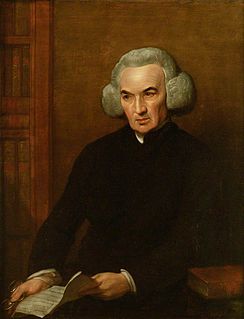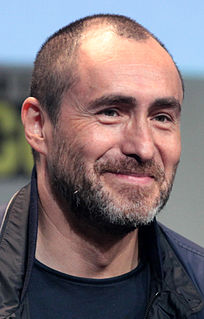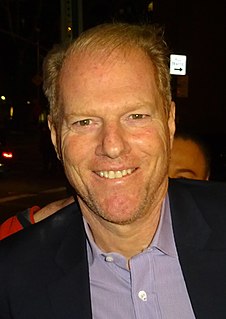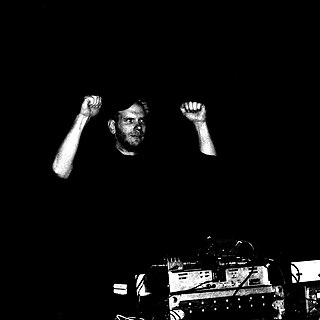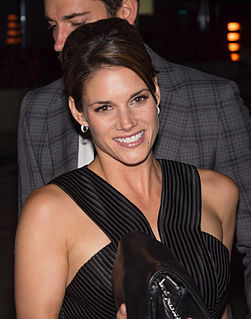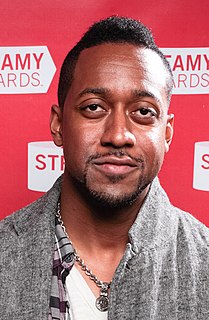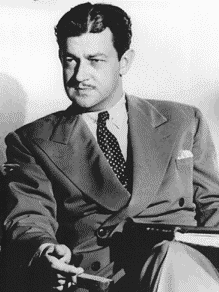A Quote by Richard Price
In a given scene I may know nothing more than how it's supposed to end, most of the time not even that. Scenes are improvised. A character does or says something, and with as much spontaneity and schizophrenia as I can muster, another character responds. In this way, everything I write is spontaneous chain reaction and I'm running around playing leapfrog in my brain trying to "be" all my people.
Related Quotes
People say that the brain is a muscle and that one of the best exercises for any brain is learning another language and to switch from one to another as much as you can. I've found out that when I have trouble regarding any character or any particular scene in English, sometimes I'll switch to Spanish and I'll solve the problem that I've encountered. If I'm working in Spanish and I don't know how to approach certain scenes or certain emotions, or how to say this and that, I just switch to English to try to solve it that way and it works.
If you're playing your character and you're running into all these people who know who you are and treat you in a way that doesn't pertain at all to the character, it takes you out of it more, so when you're alone in a city where people don't know you, you can kind of pretend even more and get into the head space of where you need to be.
When something arrives, you have no idea what's in it, which is good. And then, it's is the story leaps off the page at you and how your character functions within it. There could be just one scene and if it's wonderful, it doesn't matter how much you're working on it because you just want to be in it. It's really about what your character's day to day world looks like, and if you feel like that's something that's complete, and that you'd like to inhabit for awhile. You'll know by a couple of scenes in. If the character grabs you, you run with it.
I don't think that any scene [in Pineapple Express] is word for word how you'd find it in the script. Some of it was much more loose than others. The last scene with me, Danny [McBride] and James [Franko] in the diner - there was never even a script for that scene. Usually we write something, but for that scene we literally wrote nothing.
Actors always direct themselves. A good actor shows up onset ready, especially in television, and you've done your homework and you know your character. The director may have some variation on what you're thinking or they may have a different interpretation of the scene. So you come prepared to shoot and you've given yourself notes. In television, it may be the first time you're meeting this director and you've been living in this character's skin for a couple of years. It's always great to have fresh perspective and fresh insight, but no one knows your character better than you do.
As an actor, you don't want to know the beginning and end to your character's arc. It makes it more fun. You're not playing the end. You're playing it realistically. You don't know where this character is going to go and what's going to happen to him, which just makes it more interesting for the viewers to watch. They're going on the journey with you, as the actor and the character.
At a certain point, I started playing improvised music. After a couple of years of this, I did a little bit of analysis and found most improvised music the kind I was listening to at least, which was mainly European to be as, if not more, formulaic than any other kind of music. For example, improvised pieces would often begin and end in the same way.
The trouble with the jokes is that once they're written, I know how they're supposed to work, and all I can do is not hit them. I'm more comfortable improvising. If I have just two or three ideas and I know how the character feels, what the character wants, everything in between is like trapeze work.
A lot of people don't know me. I was a man in a suit for many years, but it's really gonna work to my advantage and I've always known that. I'm turning 30 in a month... that's something for me to look at. Generally when people see me and greet me, they're kind of astonished at what I really am. It's all about playing character and really becoming somebody else. I've always said, "Acting is nothing more than paid schizophrenia if you're doing it right.".
As an actor, you don't want to know the beginning and end to your character's arc. It makes it more fun. You're not playing the end. You're playing it realistically. You don't know where this character is going to go and what's going to happen to him, which just makes it more interesting for the viewers to watch.
